3 Habits of Highly Appreciative Leaders
Leadership and gratitude often compete against each other. Leaders know they need to show employees how appreciative they are of their stellar work, but they also want to jump on opportunities to coach and guide. Sometimes it's easier to point out mistakes in lieu of finding something to praise. However, professionals who grasp the importance of gratitude in leadership do themselves and their teams a huge service.
When you lead with positivity, you imbue your workforce with the belief that it’s okay to take calculated risks and make unintended mistakes. That’s called empowerment, and it plays a huge factor in engagement. In fact, Gallup found that the way managers acted or reacted could sway corporate engagement factors by up to 70%. When team members feel comfortable stretching their potential, they develop a sense of commitment and loyalty to their company.
Leading with gratitude involves developing and exhibiting emotional intelligence. When paired together, they help a leader make smarter decisions and build closer departmental bonds. However, emotional intelligence isn't easy to master. Unlike a technical ability, it can’t be learned from a textbook, which is why it’s a unicorn trait among executives.
Frankly, I used to think that emotional intelligence involved being honest about the way I felt. I wasn’t totally wrong, but I just scratched the surface and failed to completely understand the importance of gratitude in leadership. Yes, it encourages you to own your feelings, but you can’t stop there. Try to understand why your emotions are surfacing and what they really mean. If you can answer those questions, you'll be able to read others' emotions and make smarter professional judgments and choices.
Once I discovered how to power up my emotional intelligence correctly, I was able to develop my leadership and gratitude skill sets. You can too, even if you’ve been struggling. Try out the following exercises; they’re meant to reframe the way you feel and act:
1. Name what or who makes you grateful.
Every morning, write down at least three experiences, things or people you’re grateful for. This could be your health, your parents, a pet, a vacation, etc. It could also be something about you, such as your unwavering determination. Don’t limit yourself or assume you have to choose the “right” answers. We can appreciate everything from the majestic oak tree we pass every day to the fact that technology has made connecting over distance a little easier. If you want, fill up a whole piece of paper with things you're grateful for — just be genuine and truthful.
2. Go into detail about one of the items or individuals you listed.
Scan your list of things you appreciate. Focus on one and either write down or say aloud exactly why it makes you feel grateful. It doesn't need to be long-winded: A 30-second monologue can get right to the point. Of course, if you’re so inclined, you can talk to yourself all morning. If you want to dive deep, pretend you're talking to another person during this step. You may make some incredible self-discoveries that help you practice emotional intelligence.
3. Take your sense of appreciation into the workday.
Why do I want you to add these tasks to your morning routine? It’s all part of training your brain and creating muscle memory. If you start the day grateful, you’ll see opportunities to exhibit gratitude in your leadership. For example, let's say a colleague handled the task of calling a challenging client for you. A passing "Thanks" wouldn’t model the importance of gratitude in business. Instead, explain to your coworker why you’re thankful: “I appreciate how you took over that time-consuming task for me. I really value working together." I guarantee your coworker will experience a positive boost that improves their day.
Let me be clear: Leading with gratitude isn’t 100% altruistic. Yes, your team will be stronger and more cohesive, but you’ll get a big advantage out of the process, too. You’ll foster a feedback loop of positive encouragement and increase your value to your company. And that’s going to bode well for your career.
If you're shifting to a gratitude-first mindset and want to know what other changes you should make to your communication, take my TalkSHIFT assessment today!


